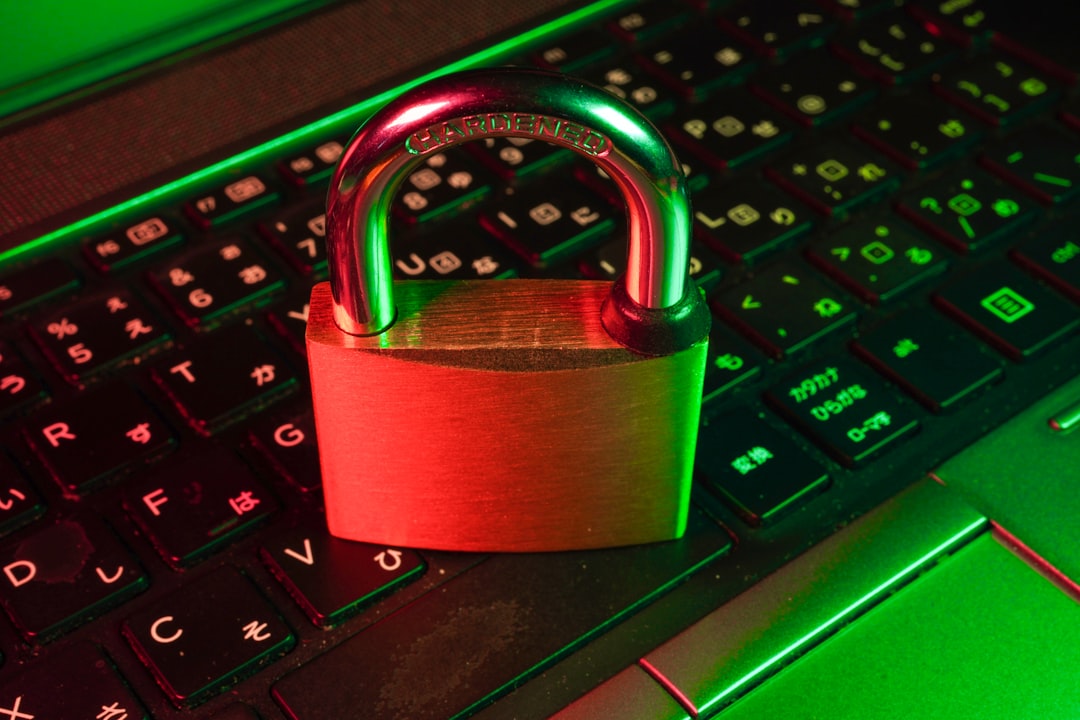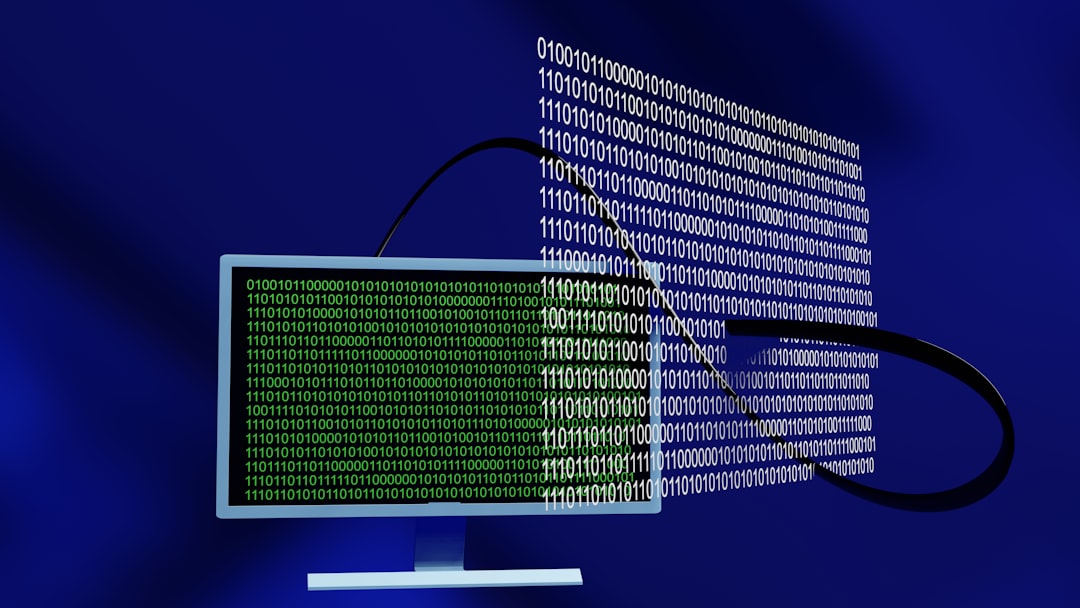Virtual Private Networks (VPNs) have become an essential tool for online privacy, helping users secure their internet traffic and access restricted content. However, not everyone is willing to pay for these services. This has led to the rise of a questionable alternative: cracked VPNs. As we approach 2025, it’s more important than ever to understand what cracked VPNs are, how they work, and most importantly, whether it’s safe to use them.
What Is a Cracked VPN?
A cracked VPN refers to a paid VPN service that has been tampered with—typically hacked or modified—so users can bypass subscription fees and use premium features without authorization. This is often achieved by disabling licensing mechanisms or using leaked activation keys. These unauthorized versions usually circulate on torrent websites, hacking forums, or underground marketplaces.

To the unsuspecting user, a cracked VPN might seem like a golden opportunity to enjoy privacy and anonymity on the internet for free. However, the reality is far more complex and potentially dangerous.
How Cracked VPNs Work
Most legitimate VPN services require a paid subscription to access their encrypted servers, high-speed connections, and other premium functionalities. A cracked version attempts to manipulate the application so that it either skips license verification or believes it has access to unlimited features.
Cracked VPNs come in a few main forms:
- Modified Executables: These are altered program files that disable authentication functions.
- Pirated Installers: These are full installation files with built-in cracks.
- Fake Licenses or Serial Keys: Users input a stolen or generated key to bypass payment.
While these might appear functional, they often come with unseen consequences.
Why People Use Cracked VPNs
The appeal of cracked VPNs is understandable. Users want the advantages of a secure and private browsing experience without the recurring cost. Additional motivations include:
- Access to geo-blocked content: Streaming movies or sports from restricted regions.
- Bypassing censorship: In some countries, VPNs are essential to access open internet.
- Online anonymity: To prevent tracking by websites, advertisers, and governments.
However, these perceived benefits are overshadowed by the significant risks involved in using unauthorized VPN software.
The Risks of Using a Cracked VPN in 2025
As cyber threats become more sophisticated, the danger of using cracked VPNs grows. Here are the major risks that users expose themselves to:
1. Malware and Spyware
Many cracked VPNs are embedded with harmful code. Once installed, they can infect your device with malware or spyware, enabling hackers to steal credentials, monitor your activity, or take control of your system.
Because these tampered installers are not reviewed by app stores or verified by the VPN providers, there’s no guarantee of their safety. You may think you’re protecting your privacy, while in reality, you’re compromising it further.
2. Data Leaks and Lack of Encryption
A primary reason for using a VPN is to encrypt your data and maintain privacy. Cracked VPNs, however, may not offer the same level of encryption—if any at all. Without proper end-to-end encryption, your browsing activity, IP address, and personal information could be leaked to third-parties.
3. No Customer Support
When using a cracked version, you forfeit access to any customer service or technical support. If something goes wrong—or if you suspect you’ve been compromised—there’s no recourse for assistance or accountability.
4. Legal Issues
Using cracked software is a violation of intellectual property laws in many countries. Many VPN companies actively monitor for unauthorized usage, and legal action is a real possibility, particularly if their services are being abused for illegal activities.
5. Loss of Trustworthy Security Protocols
Professional VPN providers update their apps regularly to patch vulnerabilities and improve security. Cracked versions do not receive these updates, leaving users exposed to known exploits and server-side vulnerabilities.

Common Myths Around Cracked VPNs
There are several widespread myths that make cracked VPNs seem less dangerous than they really are:
- “It’s just for streaming, so it’s harmless.” — Even passive activities like streaming put your IP and personal data at risk.
- “I use antivirus, so I’m safe.” — Most antivirus tools won’t detect deeply embedded spyware or backdoors.
- “Everyone does it.” — Popularity doesn’t equal safety. The more users a cracked VPN attracts, the more likely it is to be a target for exploitation.
Safer Alternatives to Cracked VPNs
Fortunately, there are safer and legal options available that don’t require compromising your security:
1. Use a Trustworthy Free VPN
Some reputable VPN providers offer limited free plans. These often come with bandwidth restrictions or a limited number of servers, but they are legal and generally secure. Good examples include:
- ProtonVPN
- Windscribe
- Hide.me
2. Take Advantage of Free Trials & Money-Back Guarantees
Many VPN services offer a 7 to 30-day trial or full-refund guarantee. If you’re not satisfied with the service, you can cancel without being charged. This allows you to test the VPN’s functionality risk-free.
3. Use Open-Source VPN Solutions
Projects like OpenVPN and WireGuard allow you to build your own VPN setup. While this requires technical know-how, it’s a powerful and customizable option for those who prioritize privacy and control.
How to Identify a Cracked VPN
If you’re unsure whether a VPN version is cracked or legitimate, consider the following red flags:
- The software comes from a torrent or unknown source, not the official website or app store.
- The installation includes “keygens” or asks you to disable antivirus temporarily.
- The service promises a “lifetime free premium access.”
- There’s no option for regular updates or validation via VPN activation servers.
Conclusion: Is It Safe to Use a Cracked VPN in 2025?
Absolutely not. The internet is a more dangerous place in 2025 than ever before. Cybercriminals are constantly innovating new ways to exploit software vulnerabilities, and cracked VPNs are a prime target. They offer a false sense of security, while putting your personal data, device, and legal standing at significant risk.
Instead of seeking shortcuts that potentially expose you to threats, choose legal, reputable VPN providers that align with your privacy needs and budget. If privacy truly matters to you, don’t compromise it for the sake of saving a few dollars.
Always remember: when it comes to cybersecurity, you get what you pay for. A “free” cracked VPN might cost you much more in the long run.


